For the past 14 years, former journalist Mahi Ramakrishnan has been trying to connect refugee communities with Malaysian society, providing them with an avenue to let their voices be heard and also lobbying the government for a comprehensive refugee policy.
As a multiple award-winning filmmaker and investigative journalist, Mahi, who is also a refugee rights activist running the non-profit organisation Beyond Borders, has used her films to highlight issues related to human trafficking and also violence against women and girls.
She also runs an annual refugee festival to showcase the talents of artists from different refugee communities, which serves as a bridge between them and locals.
Mahi started as a journalist in the 1990s. About 17 years ago, while working with Press TV, her eyes were opened to the plight of refugees.
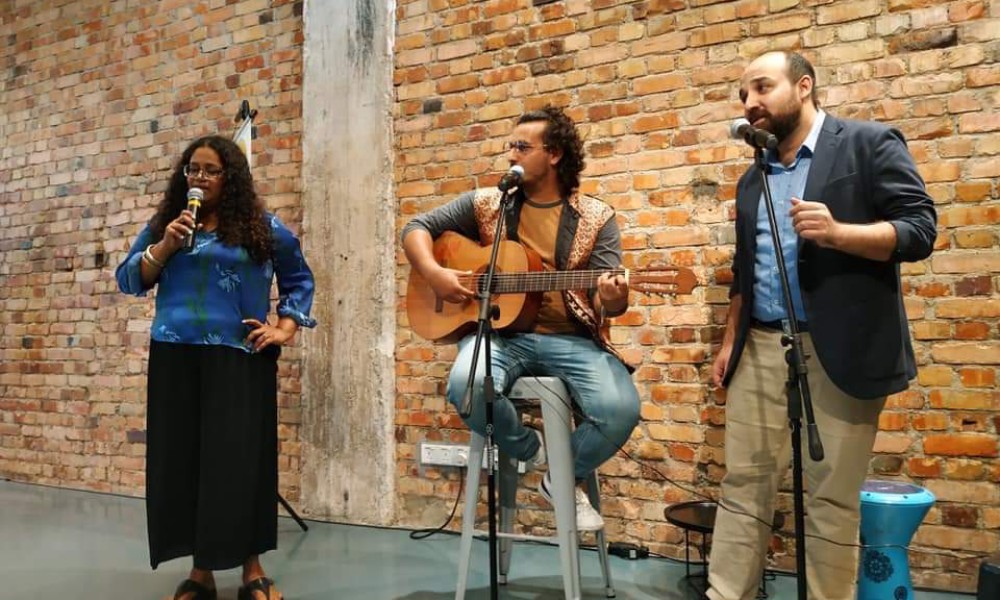
“By then I was shooting videos for Press TV. So I thought, why not make a documentary? This is because when I spoke to people, I realised that not everybody understood the complexity of the issues involving forced migration or the refugee crisis unfolding in Myanmar,” she said.
Meeting refugees up close
She decided to make a documentary that shows how the social-economic and cultural issues are all interlinked. She wanted to show why the Rohingyas and other ethnic groups in Myanmar were all forced to flee.
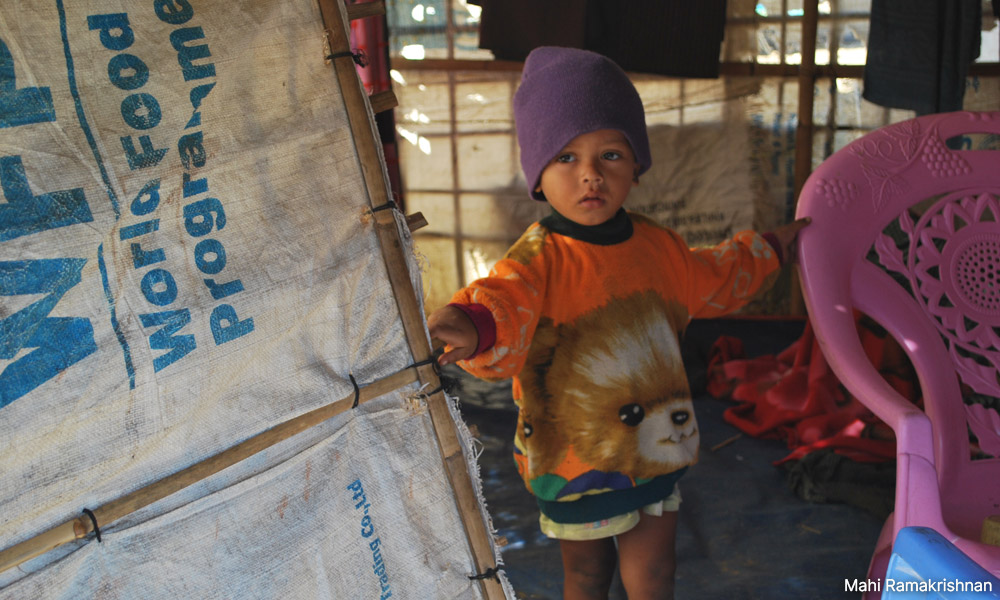
“While I was filming, I came across people who were in the Eternally Displaced Peoples (EDP) camps,” she recalled.
The people spoke about how life was unbearable, how they were forced to flee and had to use the services of human smugglers and how this ended up as trafficking. Mahi decided to add this to her film to put the message out there and create awareness.
“I then came across a story about young Rohingya girls being brought to camps at the Thai border and then sold off as child brides to Rohingya men in Malaysia. In between, I looked at migrant workers, migrant worker issues, and child sex trafficking,” explained Mahi, who later released a documentary film on child brides called “Bou” (Bride) in 2017.
Journalists are supposed to keep an emotional distance from the featured subject. However, Mahi found that difficult to do.
“So, while I was working on a story about the Rohingya, I took some time to bring in food aid. With some help from my friends, I helped set up schools and field clinics. I don’t know if I can call myself an activist because there are people who are doing so much more. “
Setting up Beyond Borders
After some time, Mahi realised it would be easier to just set up an NGO to help get funding. She added that people are happier to donate if the organisation has a structure and their accounts are audited regularly.
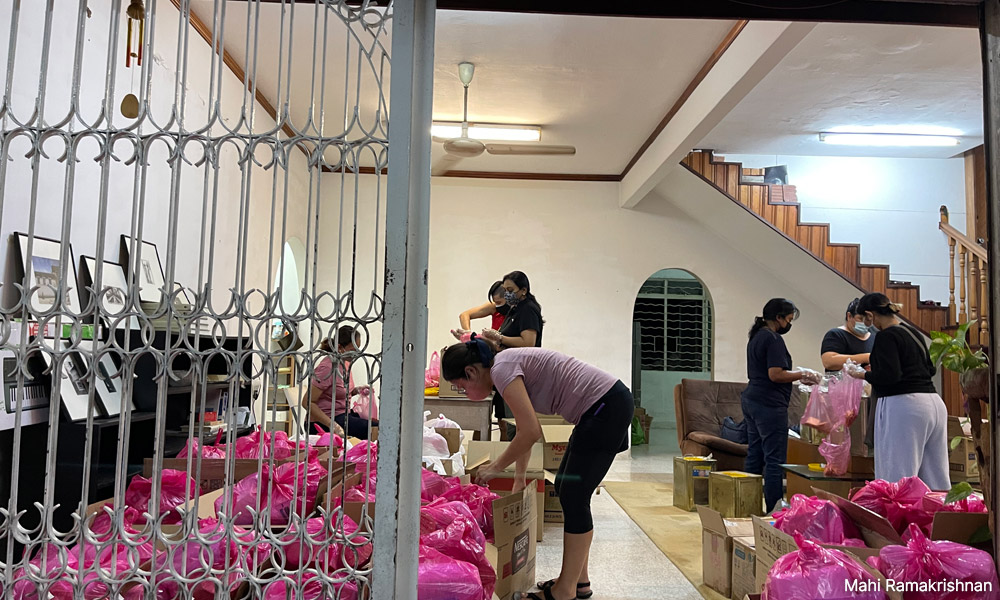
“That is how Beyond Borders was set up at the end of 2018,” she said.
During the Covid-19 pandemic, there were a lot of requests for food and aid from refugees, which Beyond Borders obliged. It was providing not only essential groceries but also products such as sanitary napkins for women.
“There were also packages specially tailored for the homeless that had a toothbrush, toothpaste and instant noodles,” Mahi said, who soon realised that it was a touch to keep on giving.
“Refugees, migrant workers and those in the B40 group needed something more sustainable. So, I started Briyani Wallahs in 2020. Now we have four to five different women cooking for us.”
The business had its ups and downs mostly due to circumstances beyond its control, such as the economic downturn and floods. Mahi herself can fully concentrate on Beyond Borders and Briyani Wallahs while obtaining her master’s degree.
However, Briyani Wallahs is doing well, getting regular orders for their delicious food.
Mahi explained that she started Briyani Wallahs with a little bit of money she set aside to help the women she is helping.
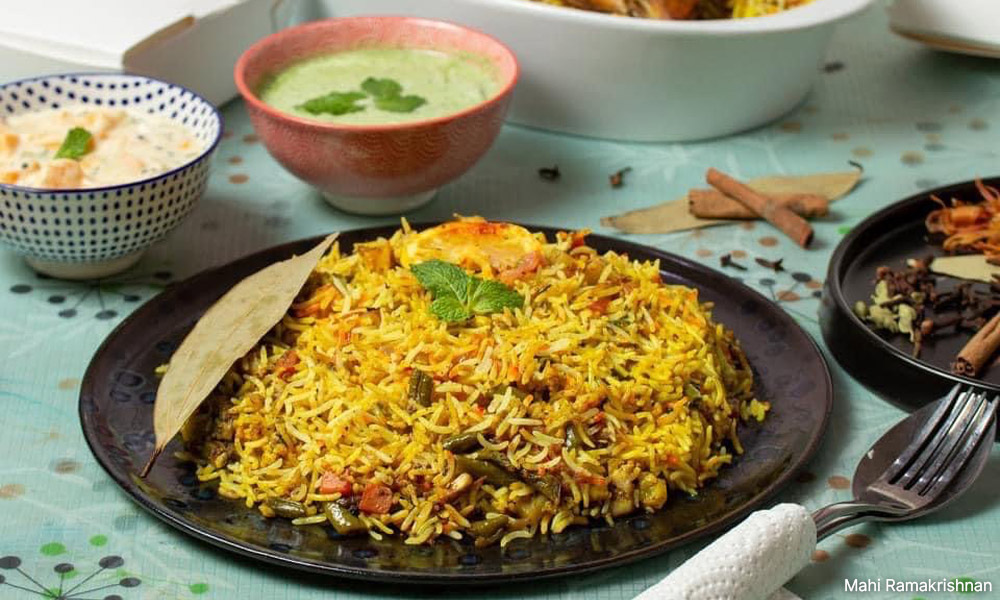
“Now that I have recovered the money, 100 percent of the profits from Briyani Wallahs go back to the women.
“When you look at government aid programmes or even state government aid programmes, you don’t know where the aid is going. You have an idea, but at the end of the day, it is very hard to see tangible results. What I wanted to do is show tangible results. So, if you talk to any of the women, they can tell you that they do the cooking and take the money.”
Empowering women
When asked why she chooses to concentrate on women, Mahi said what she says may be misconstrued.
“When you work with women, you know the money goes back to the family, it goes back to the children (pay school fees, get tuition).
“I believe when we empower women, we are empowering communities, we are empowering families. I am sure you may see the same with men, but every time you see the effect of the pandemic, such as job losses, I notice that women are the worst affected.
“They bear the brunt of it. I have seen cases of domestic violence increase during the pandemic. Every time I go into a home and see what a woman needs, if there is not enough money to go around, their needs take a back seat,” Mahi said.
She added that if one were to look at family shopping lists, items that a woman needs, such as sanitary products, are considered a luxury and hence they will do without them.
“I want to empower women. I want to create entrepreneurs, I want to create business opportunities for women, I want women to say ‘hey I can do this’ or ’I have an idea’,” Mahi explained.
She cites an example of Briyani Wallahs which is branching out into supplying spice blends. One of her cooks came up with the idea and Mahi was proud that this cook was thinking beyond her regular job.
“When we work with marginalised communities, we think we know what they need. We try and plan for them. Here I ask them what they would like to do and try and make that possible for them.”
Pity turns to hate
There are many Malaysians who tend to sympathise with refugees one minute and then turn on them the next.
“I think it is fear that makes Malaysians act the way they do,” she said.
Mahi recalled about seven years ago when she was really angry at the way Malaysians were responding to the Rohingyas, other refugees and other migrant workers.
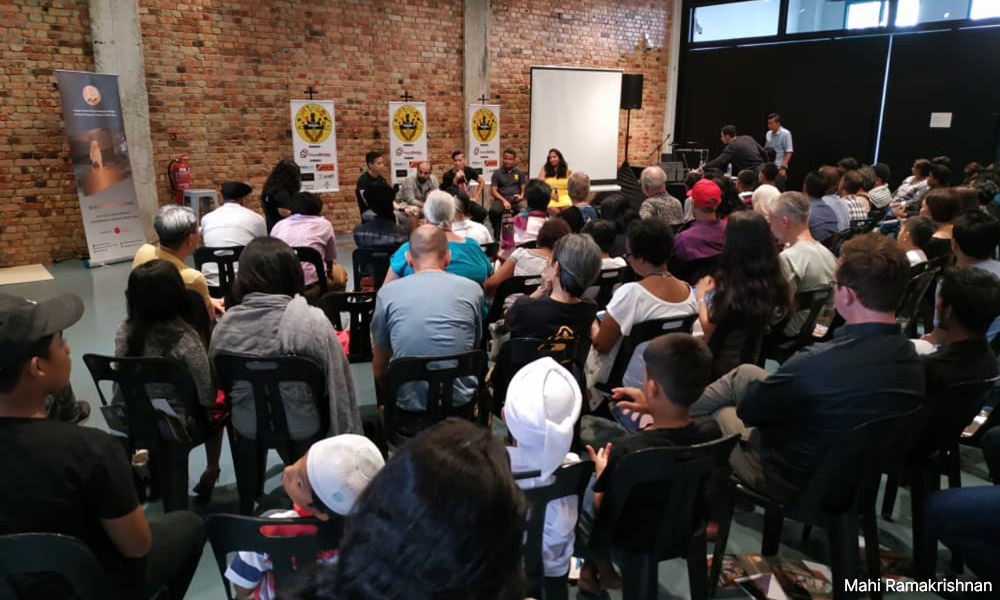
“I told myself that I could either stay angry or do something about it. So, I opted to do something about it. I realised that people are always afraid of things they do not know in totality. I decided to let the refugee community connect with the local community and that is how the refugee festival was born a few years ago.”
The aim was for Malaysians to see the refugees in a different light as poets, writers, singing and dancing, doing theatre and sitting on panels talking about their aspirations and grief.
“It connects people so that people can understand who a refugee is.”
Who is a refugee?
Mahi said that people don’t understand who a refugee is.
“Before I leave my house, I check if I have locked it three times to make sure everything is okay because I know when I come back my home is going to be exactly where it is. That is not the case for refugees. When Malaysians understand this, we will have a higher level of acceptance.
“Yes, we have xenophobia and racism in our society and Malaysia has become a more racist society in the past ten years. It doesn’t just affect the foreigners, it affects you and me as well because we are brown-skinned.
“If we look at what is happening, we see the play of religion in politics. We see how those in power play up religious sentiments just to stay in power. Is the government doing anything to iron out the hostilities between the different races, the migrants, the refugees and Malaysians who hold documents to say we are Malaysians?
“It did not happen during BN time and sadly, it also did not happen during the time of Pakatan Harapan. Although they gave the impression that they were going to do something about it, Harapan did not have the political will to do it,” said Mahi.
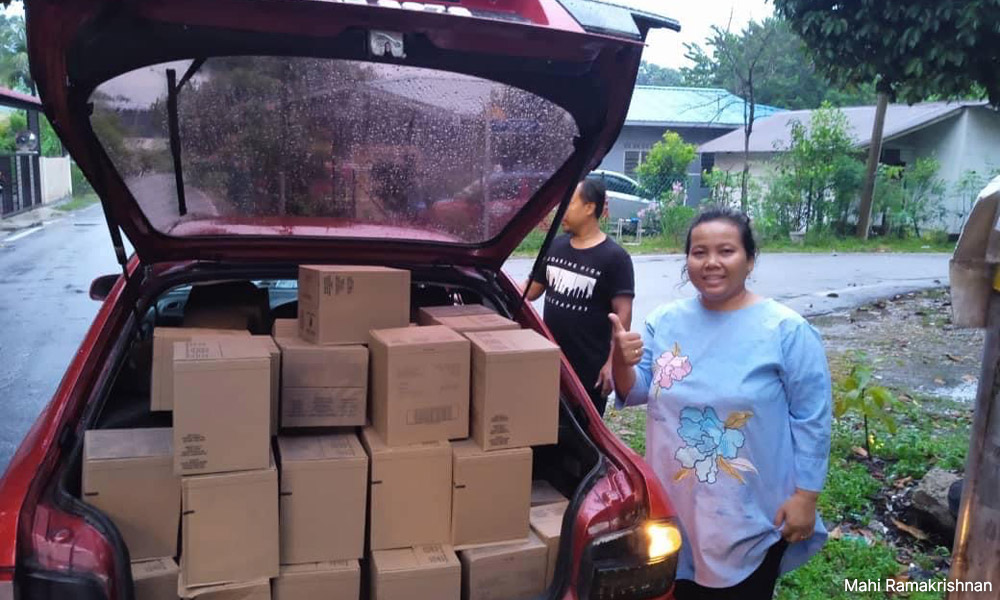
Giving jobs to refugees
Some people suggest that instead of going through the hassle of bringing in migrant workers, these jobs should just be given to refugees instead.
Mahi wondered how that could be done, since there is so much animosity towards refugees, and the Rohingya in particular, are often treated like sub-humans.
Mahi estimated that there are 500,000 refugees in the country and at least 40 percent can be put to work.
“But we have not done any mapping about their skill set, what they can contribute and their level of education.
“They can contribute to any given society if opportunities are made available. But we are terrified that they will come in and take away our jobs,” Mahi concluded. - Mkini




No comments:
Post a Comment
Note: Only a member of this blog may post a comment.